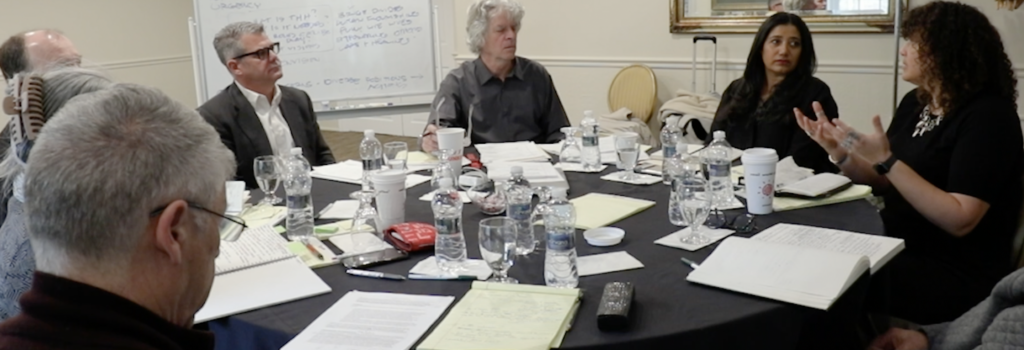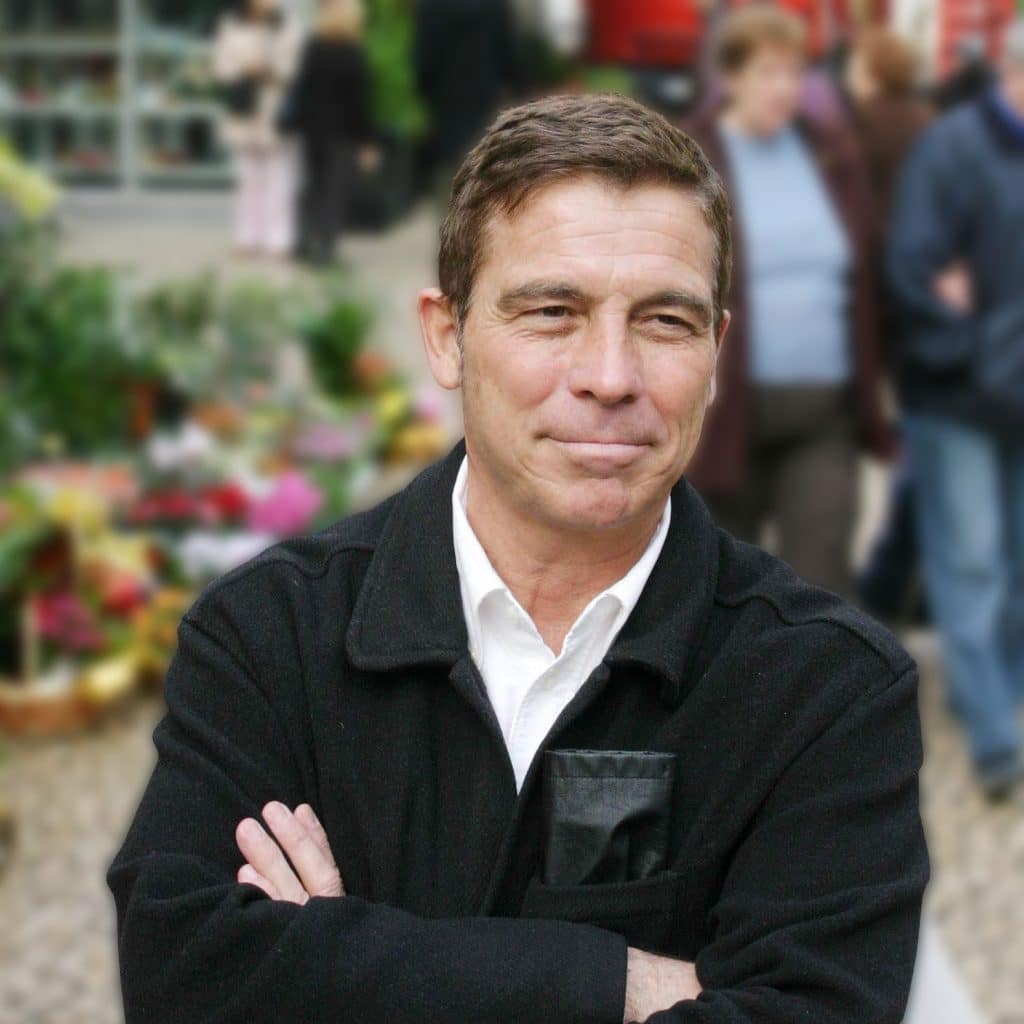The Architecture, Culture and Spirituality Forum holds that the design and experience of the built environment can assist the spiritual development of humanity in addressing the unprecedented challenges facing all planetary existence today.
Challenges including climate change, environmental degradation, the erosion of liberal democracy, increasing economic inequality, large migratory pressures and social struggles, and the exponential development of disruptive technologies must be addressed by new strategies in developing the built environment.
We advocate that architecture, landscape architecture, planning, and related design and creative fields have substantive roles to play in directly addressing these challenges by nurturing new personal and collective orientations of human consciousness, purpose, and conduct grounded on a transcendental, reverential perspective.
We present this Declaration of Transcendent Human Habitat to provide a spiritually inspired framework embodying a worldview with principles and criteria for bringing about more effective and viable built environments within local, regional, and global contexts.
We profess a worldview that our tangible and intangible universe has a spiritual dimension and that this ineffable realm is central to pursuing, finding, appreciating and supporting life’s meanings. This spiritual dimension is conceived as an order in the universe that is transcendent in terms of being beyond ourselves at all levels and posited as the ultimate source from which all beings rise, depend on, and return to.
We recognize the three principles of contemplation, compassion, and moderation as the perennial and complementary core values and intentions common to the spiritual practice of many world traditions that can serve as pillars to cultivate human spirituality in the process of envisioning, planning, designing, and realizing the built environment. The Contemplative principle aligns our inner, private self with the spiritually transcendent through a profound, personal sense of unity, while Compassion cultivates our empathy for the other and Moderation invokes self-restraint to foster a sustainable future existence.
We propose the following six interconnected and interdependent criteria for effectively engaging and steering public policy, development practice, urban planning, architectural design, and their implementation toward spirituality inspired and nurturing built environments at scales ranging from the dwelling unit, to the cluster, neighborhood, community, city, and region:
- Cultural Consciousness inspires an integral respect for the diversity of cultural heritages and generates a spiritual sense of identity and belonging.
- Justice ensures ethical and legal means by which equity and spiritual freedom can be achieved.
- Participation empowers personal and communal engagement for democratic and inclusive decision making regarding built environments.
- Environmental Adaptation fosters human habitats to be realized in spiritual and material harmony with nature, the cosmos and energy income of the earth.
- Ecotechnology cultivates the innovative integration and realization of sustainable, urban systems of goods and services within health ecosystems and flows.
- Essential Simplicity nurtures a moral and aesthetic economy of means to achieve a spiritual vitality and beauty in architecture and the built environment.
With these aspirations at heart, ACSF advocates this Declaration of Transcendent Human Habitat. Its success will be measured in its capacity to inspire strategies and designs that foster human wellbeing, spiritual growth and facilitate the experience of the transcendent within a sustainable environment for present and future generations.
ACSF board members Nader Ardalan, Julio Bermudez, Roberto Chiotti, and Tammy Gaber researched and wrote the present Declaration over a two-year period with unanimous adoption by the board in March 2019.




